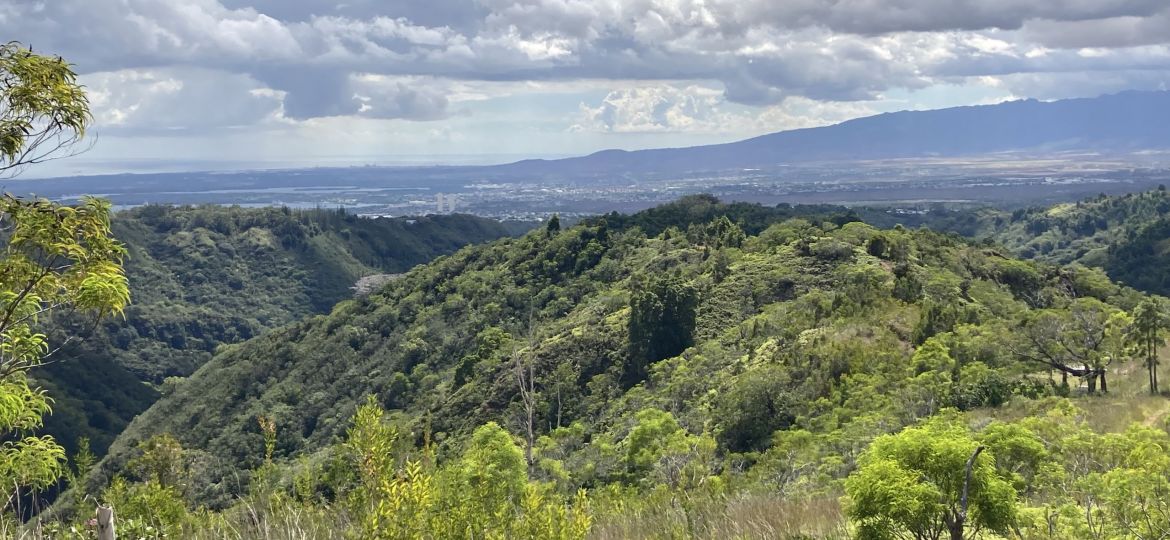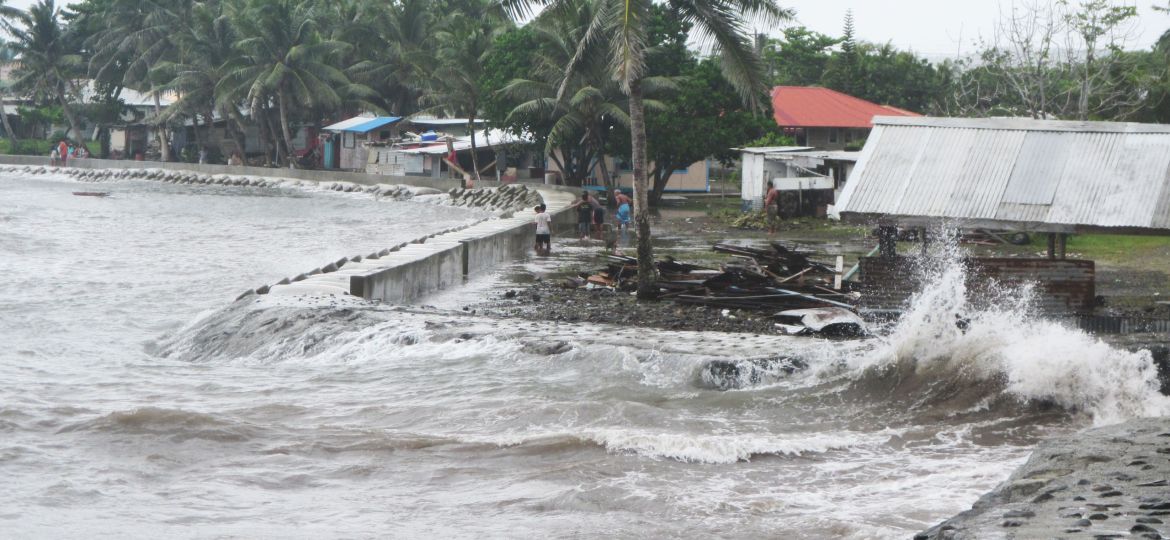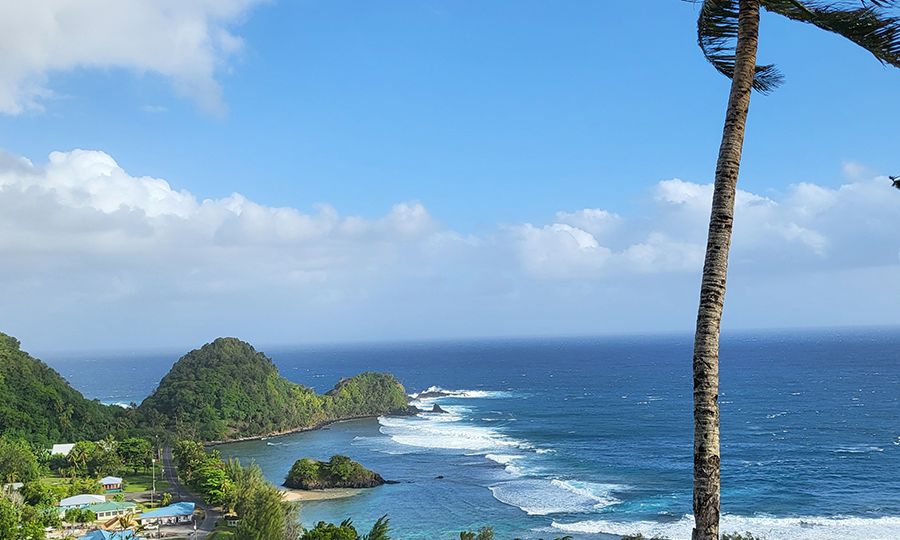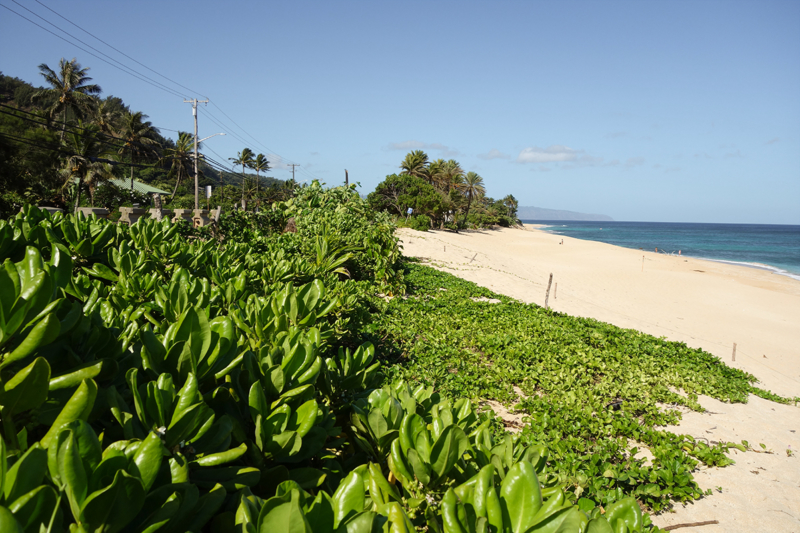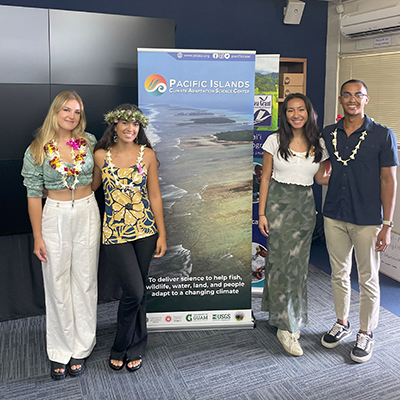Our May “Slice of PI-CASC” seminar will be presented by Emma Yuen and Ryan Okano from Hawaiʻi’s DLNR, discussing the climate science they have applied to resource management efforts on land and sea, and what new information is needed.
Coastal hazards and adaptation
Our April “Slice of PI-CASC” seminar will be presented by Dr. Dean Gesch, USGS, providing a look at his efforts to build local technical capacity in the Republic of the Marshall Islands to conduct critical assessments of exposure to inundation and other coastal hazards.
PI: Nina Rønsted, Deputy Director of Research, Natural History Museum of Denmark
Graduate Scholar: Tehina Kahikina, Dept of Hawaiian Studies, UH Mānoa
Co-Is: Tim Gallaher, Botanist, Bernice Pauahi Bishop Museum; Tamara Ticktin, Professor of Botany, UH Mānoa; Kalikoaloha Martin Instructor, Hawaiʻinuiākea School of Hawaiian Knowledge, UH Mānoa
Funded: FY2024
Our March “Slice of PI-CASC” seminar will be presented by a team from the Pacific Islands Ocean Observing System (PacIOOS), led by Director Melissa Iwamoto, giving an overview of their Backyard Buoy program to empower Pacific coastal communities to conduct their own ocean observations.
PI: David Wahl, Research Scientist, Geology, Minerals, Energy and Geophysics Science Center, USGS
Co-Is: Miriam Jones, Research Geologist, USGS; Kelly Goodale Wildlife Biologist, US Fish and Wildlife Service
Funded: FY2024
This interactive web tool provides access to sea-level rise information for decisionmakers and community members to plan for the impacts of rising sea levels in American Samoa.
A new sea-level rise viewer tool for American Samoa has just been released for the public, providing an interactive platform for anyone to incorporate the possible effects of rising seas into planning for their future and adapting to climate change.
Our March “Slice of PI-CASC” seminar will be presented by Dolan Eversole, who will discuss his extension work in Hawai’i as a coastal marine specialist, sharing real world examples of applied research and adaptive management in coastal lands.
Sea-level rise impacts are prevalent throughout the Pacific, as is the research to adapt to those impacts. This new interactive tool compiles information about SLR projects in one place to help avoid duplication of efforts and encourage collaborations for future work.
Four students completed projects in climate adaptation science for the 2023 SURF program, investigating how forests vegetation shifts in response to climate change, the connection between climate and humpback whale health, whether added nutrients can improve coral thermal resilience, and sea-level rise impacts to community infrastructure.


